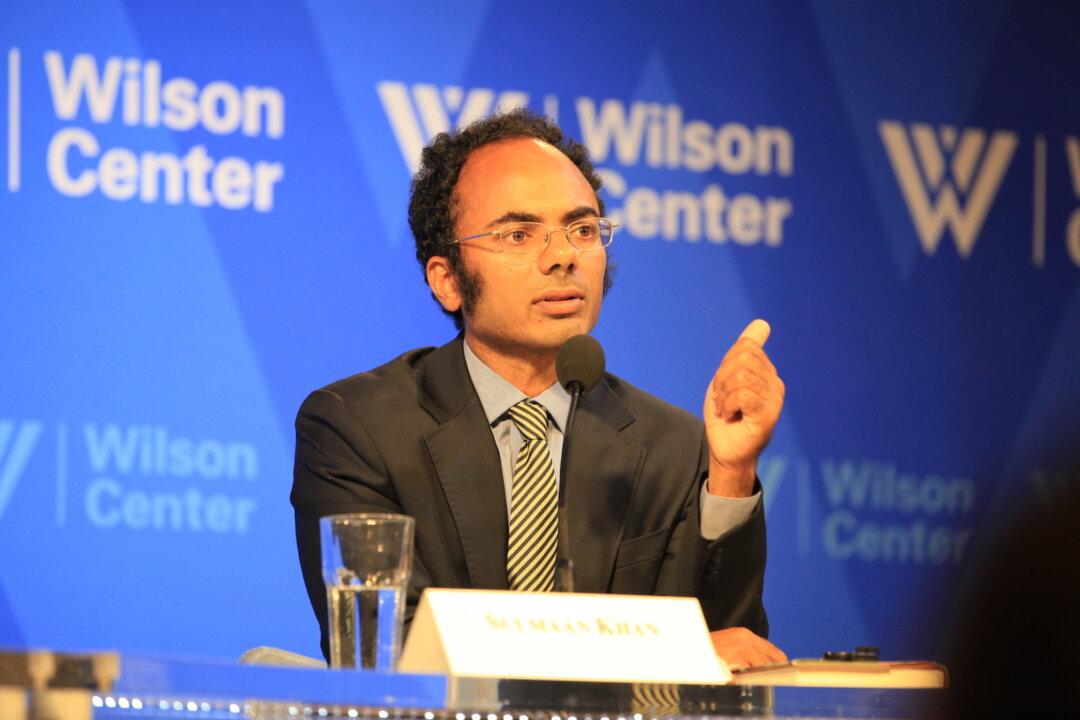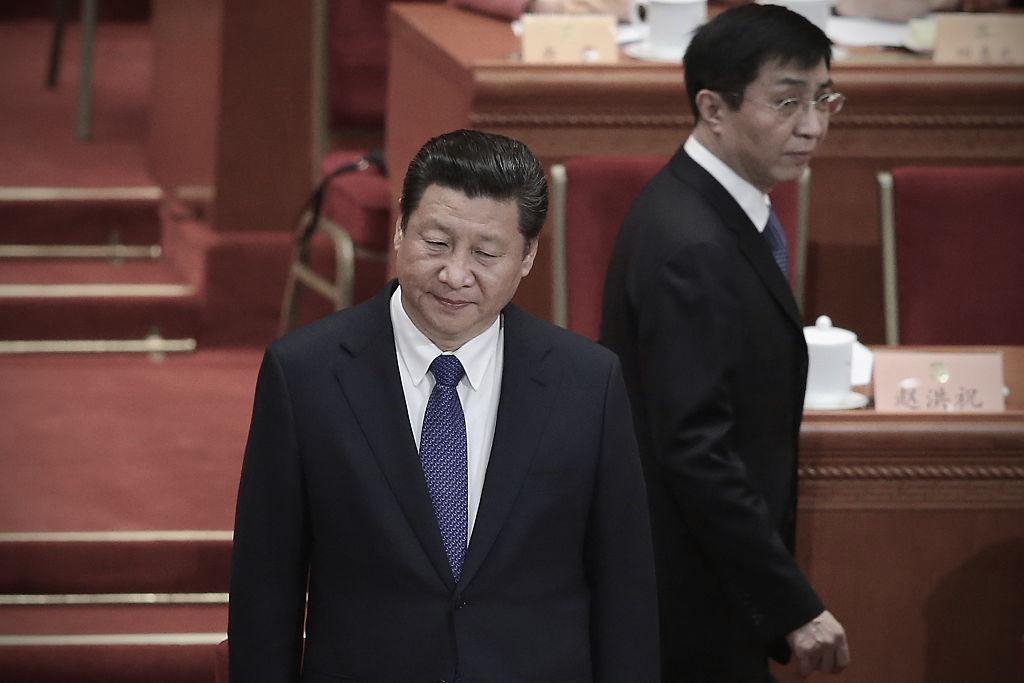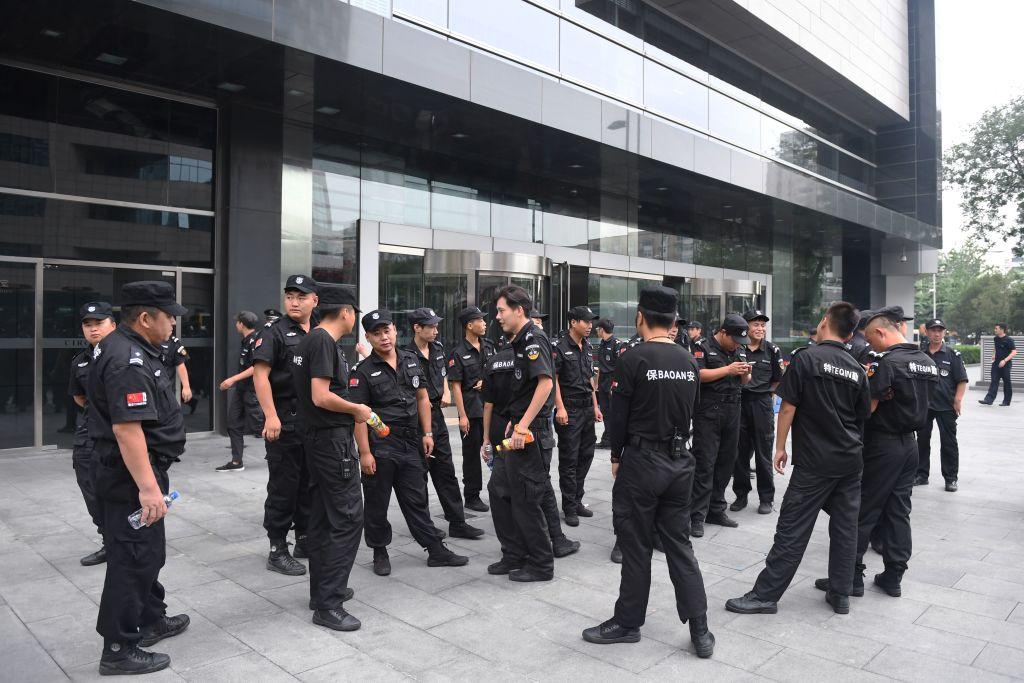WASHINGTON—Author Sulmaan Khan unveiled his new book “Haunted by Chaos: China’s Grand Strategy from Mao Zedong to Xi Jinping” at the Woodrow Wilson International Center for Scholars in Washington, D.C. on Sept. 24. He said that the changing of leaders in communist China hasn’t brought about fundamental changes because of a sense of insecurity, which has lingered and affected China’s decision on grand strategies.
Sulmaan Khan is a historian and assistant professor at Tufts University. He was fortunate to gain access to China’s rare historical archives while doing research for his book before the Chinese regime reclassified them.




